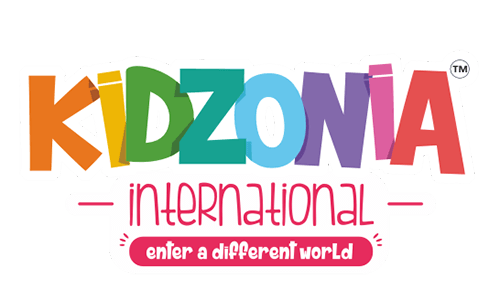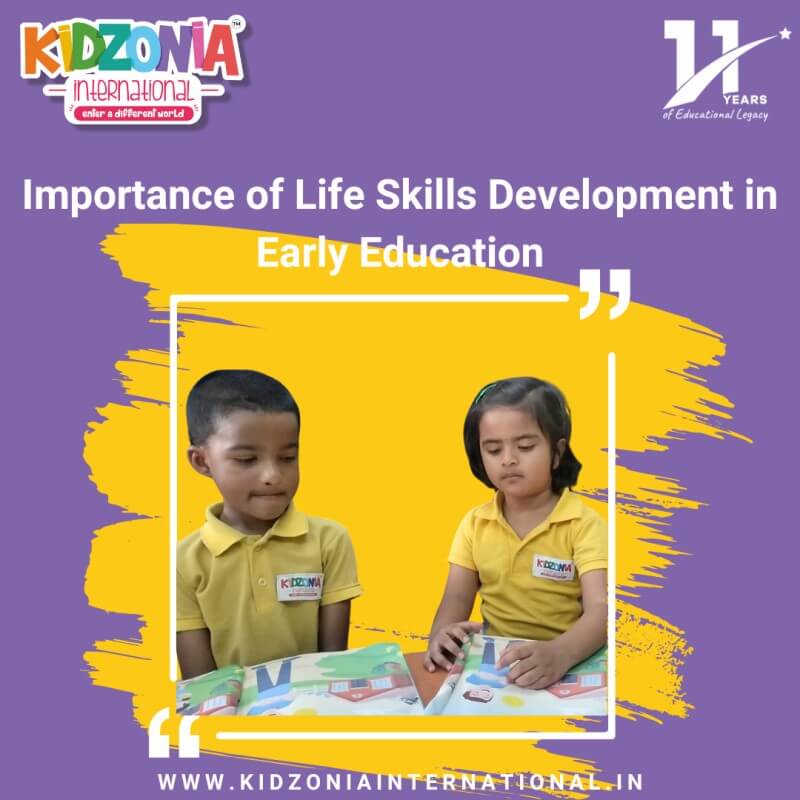Importance of Life Skills Development in Early Education in Preschools
Life skills are essential competencies that enable individuals to effectively handle the demands and challenges of everyday life. In the context of early education, especially in preschools, the development of life skills lays a strong foundation for a child's overall growth and future success. Here are several reasons why life skills development is critically important in preschool settings.
Life skills foster the physical, emotional, social, and cognitive growth of young children. Skills such as communication, self-care, and problem-solving contribute to well-rounded development, helping children navigate the world around them confidently.
Preparing for Real-World Challenges
The world beyond the classroom presents various situations that require more than textbook knowledge. Children who receive early life skills education are better prepared to handle real-world challenges. They develop critical thinking abilities, learn to adapt to change, and become more resilient in the face of difficulties.
At Kidzonia International Preschools, Everyday activities include; dressing up games, washing hands before meals or after play, tidying up toys and materials after play and setting the table or helping serve snacks. Whether it’s understanding the value of money, practicing personal hygiene, or learning basic safety rules, these everyday skills equip children to function independently and confidently.
Fostering Creativity and Critical Thinking
Life skills education encourages creative thinking and problem-solving abilities from a young age. When children are given opportunities to brainstorm solutions, explore different outcomes, and experiment with new ideas, they learn to approach problems with an open and innovative mindset. These skills not only enhance their academic learning but also help them become resourceful and adaptable individuals in future careers and personal lives.
Activities such as puzzle solving, matching and sorting games, building blocks or construction toys, science experiments (e.g., mixing colors, planting seeds), "What if?" questions and scenarios enhance the skills of Problem-solving, decision-making, and creative thinking which are vital life skills that also boost cognitive development. Activities that encourage exploration and reasoning prepare young minds for more complex learning tasks in primary education.
Developing a Positive Attitude towards Learning
When life skills are seamlessly integrated into the early education curriculum, children begin to see learning as an enjoyable and meaningful experience, not just a routine task. They develop a growth mindset, understanding that mistakes are opportunities to learn and improve. This positive approach to learning fosters lifelong curiosity, motivation, and a willingness to embrace new challenges.
Conclusion
Incorporating life skills development into early education is not just an added advantage; it is a necessity in today’s world. By nurturing social, emotional, cognitive, and practical skills at a young age, we empower children to become confident, compassionate, and capable individuals. Early education that emphasizes life skills ensures that children grow into capable, responsible, and well-adjusted individuals ready to face the complexities of life.
Schools, parents, caregivers and educators must work together to create learning environments where life skills are taught, practiced, and celebrated — setting the stage for well-rounded development and lifelong success.





